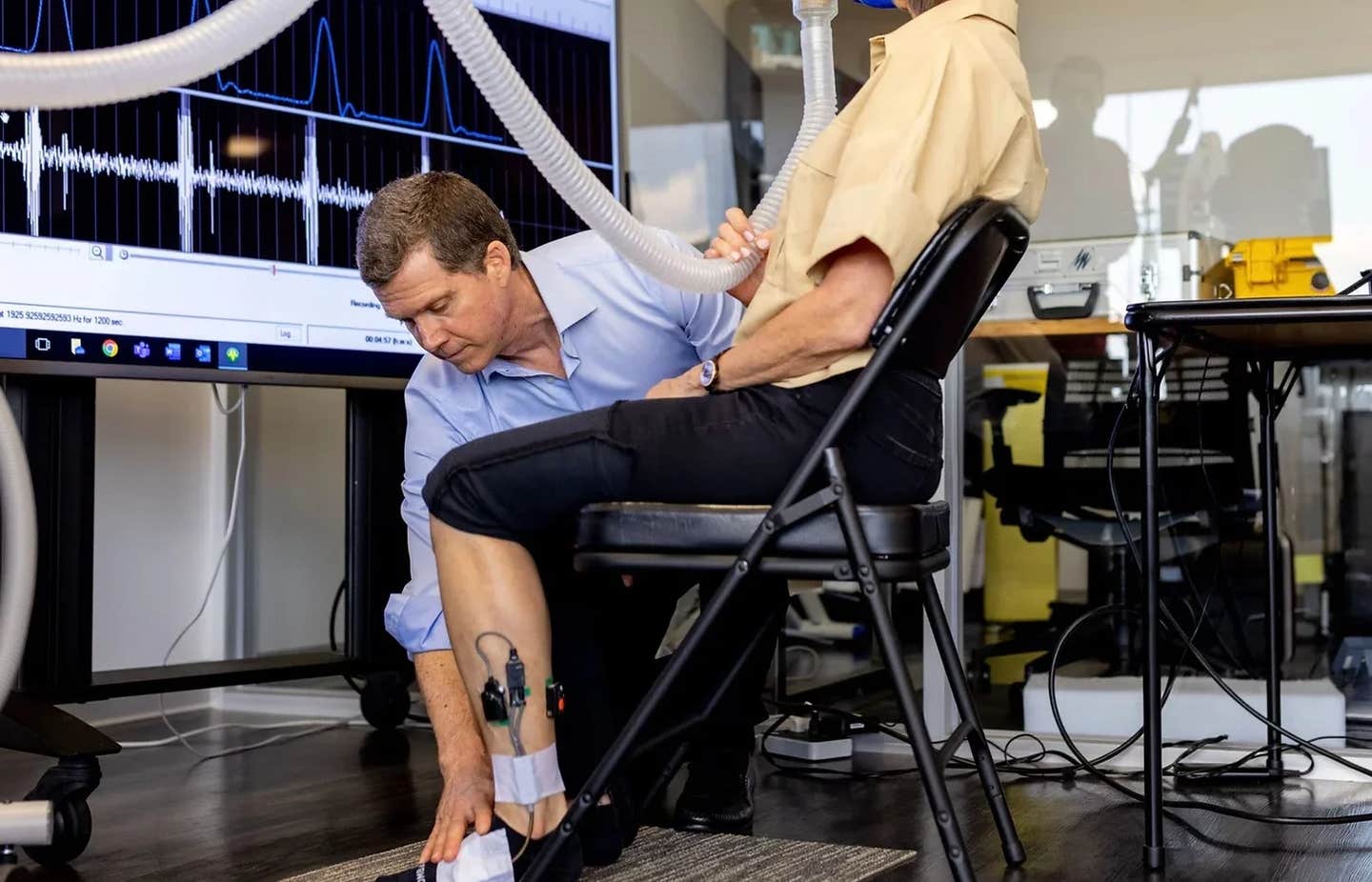Perceived time has a profound effect on physical healing, study finds
Research challenges conventional beliefs about the relationship between psychological factors and physical health.

[Jan. 16, 2024: JD Shavit, The Brighter Side of News]
Research challenges conventional beliefs about the relationship between psychological factors and physical health. (CREDIT: Creative Commons)
In a groundbreaking study published in Nature Scientific Reports, Harvard psychologists Peter Aungle and Ellen Langer have unveiled the profound impact of perceived time on the actual healing process of physical wounds.
Their research challenges conventional beliefs about the relationship between psychological factors and physical health, offering a new perspective on the interplay between the mind and the body.
To investigate the connection between perceived time and wound healing, Aungle and Langer designed a meticulous experiment. Volunteer participants were subjected to mild wounds using a standardized procedure.
What set this study apart was the manipulation of perceived time within the laboratory setting. Each participant underwent three experimental conditions: Slow Time (0.5x real time), Normal Time (1x real time), and Fast Time (2x real time).
Related News
Surprisingly, the results revealed a direct correlation between the participants' perception of time and the pace of wound healing. When individuals believed that more time had passed, their wounds healed at an accelerated rate.
Conversely, when they perceived less time had elapsed, the healing process slowed down. Remarkably, the actual amount of time that passed remained consistent across all three conditions.
This groundbreaking research has sparked considerable interest within the scientific community, prompting further investigations into the underlying mechanisms and broader implications of these findings. While the exact mechanisms remain to be fully understood, Aungle and Langer's study suggests a new paradigm in the realm of mind-body health effects.
Harvard psychologist Ellen Langer. (CREDIT: Creative Commons)
The study advocates for the integration of the concept of mind-body "unity" into future research on the topic. By acknowledging the intricate interplay between psychological factors and physical health, researchers may uncover a broader range of influences that have previously gone unnoticed. The implications of this study are far-reaching, potentially reshaping our understanding of how our minds and bodies interact.
Traditionally, the influence of psychology on physical health has been explained in terms of emotional factors, such as stress, inflammation, and immune function, as well as behavioral factors, such as beliefs that promote healthy actions. However, Aungle and Langer's research suggests that abstract beliefs about how our bodies function can directly shape our physical well-being.
This paradigm shift in thinking encourages scientists to consider a more holistic approach when studying the mind-body connection. It underscores the importance of recognizing that our mental state, including our perception of time, can have a tangible impact on our physical health. By exploring this new avenue of research, we may uncover novel strategies for promoting health and healing.
The work of Aungle and Langer has opened a door to a new frontier in the field of psychology and health, one that promises to uncover the hidden connections between our thoughts, our perception of time, and our physical well-being.
Note: Materials provided above by The Brighter Side of News. Content may be edited for style and length.
Like these kind of feel good stories? Get the Brighter Side of News' newsletter.
Joshua Shavit
Science & Technology Writer | AI and Robotics Reporter
Joshua Shavit is a Los Angeles-based science and technology writer with a passion for exploring the breakthroughs shaping the future. As a contributor to The Brighter Side of News, he focuses on positive and transformative advancements in AI, technology, physics, engineering, robotics and space science. Joshua is currently working towards a Bachelor of Science in Business Administration at the University of California, Berkeley. He combines his academic background with a talent for storytelling, making complex scientific discoveries engaging and accessible. His work highlights the innovators behind the ideas, bringing readers closer to the people driving progress.



